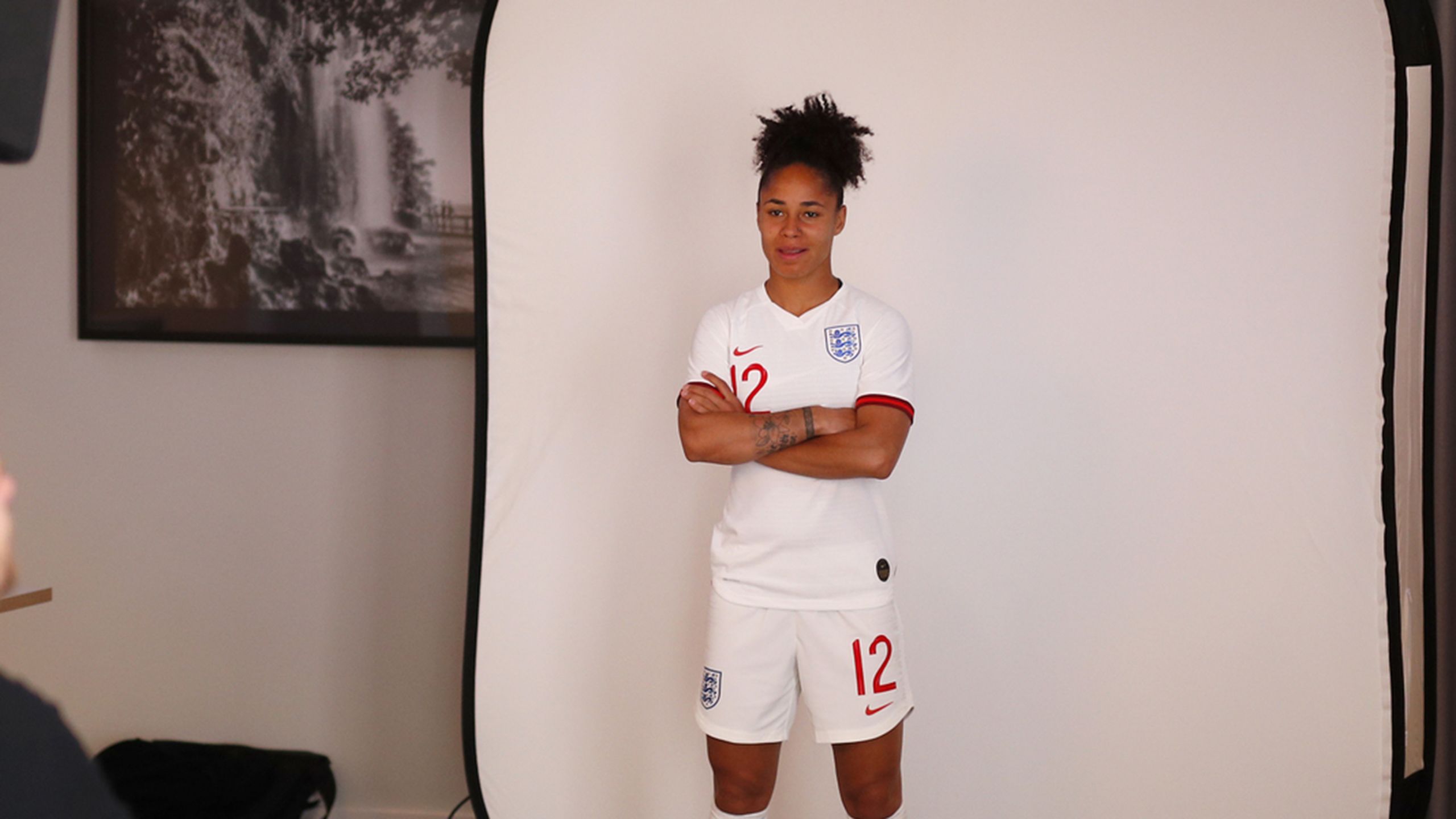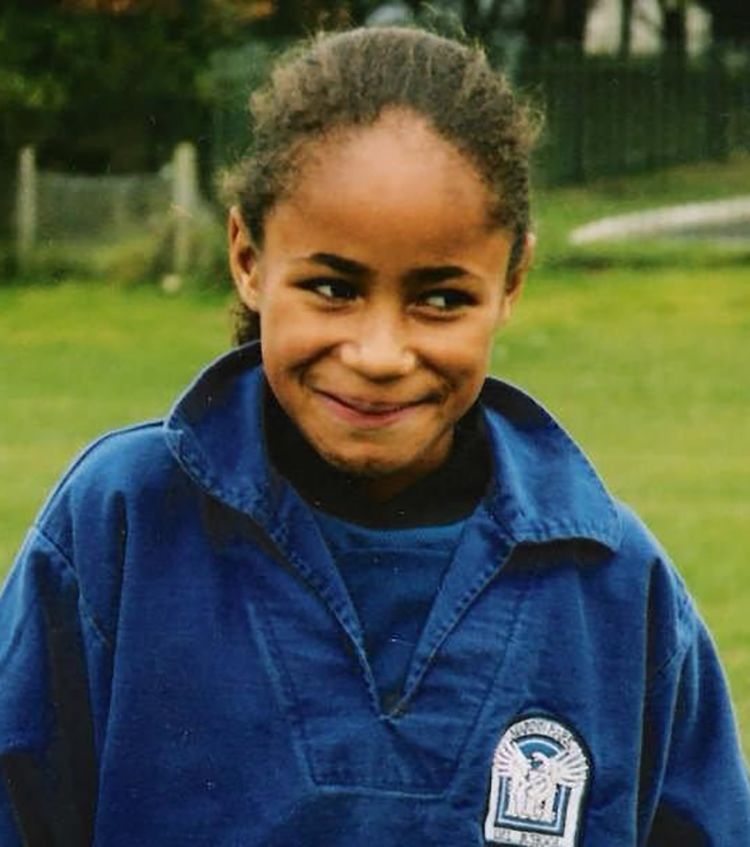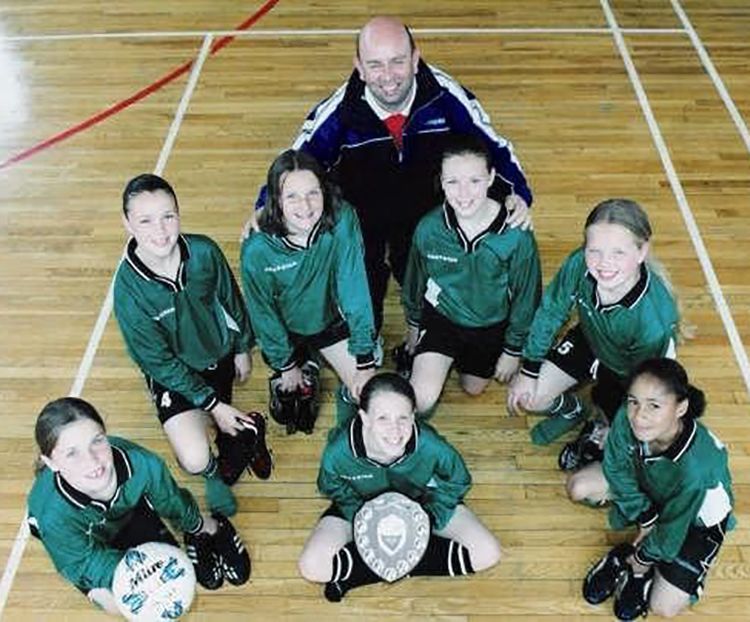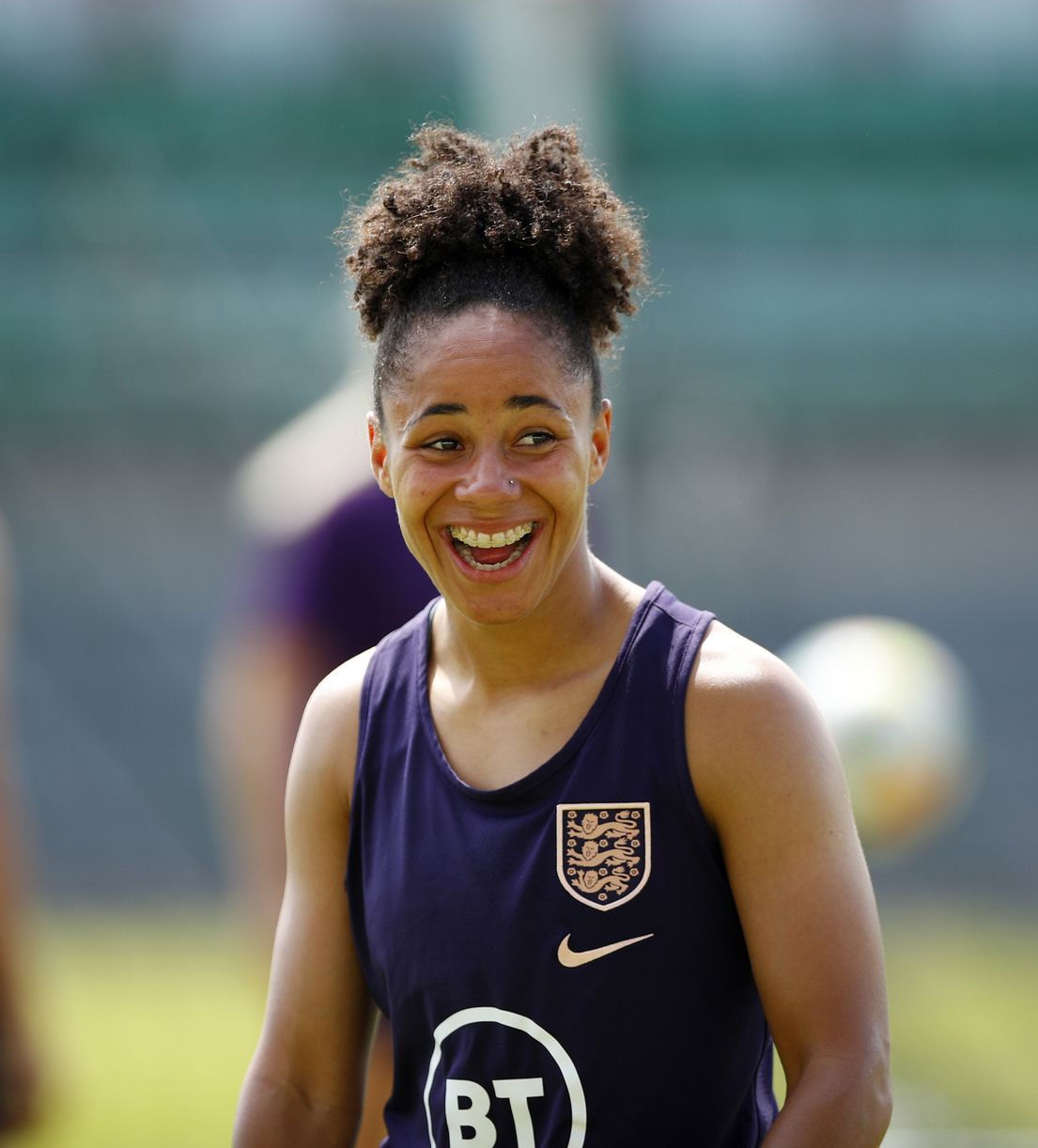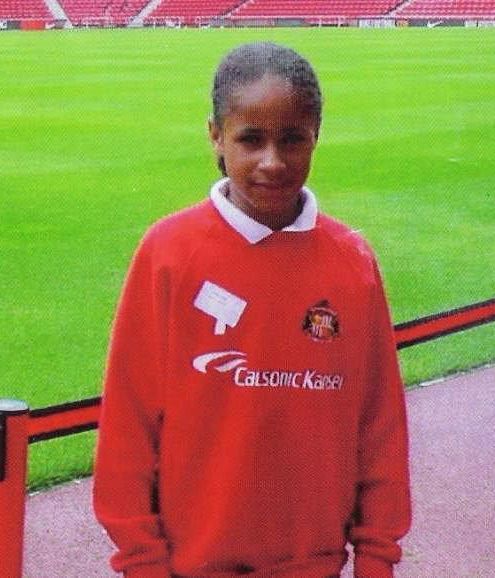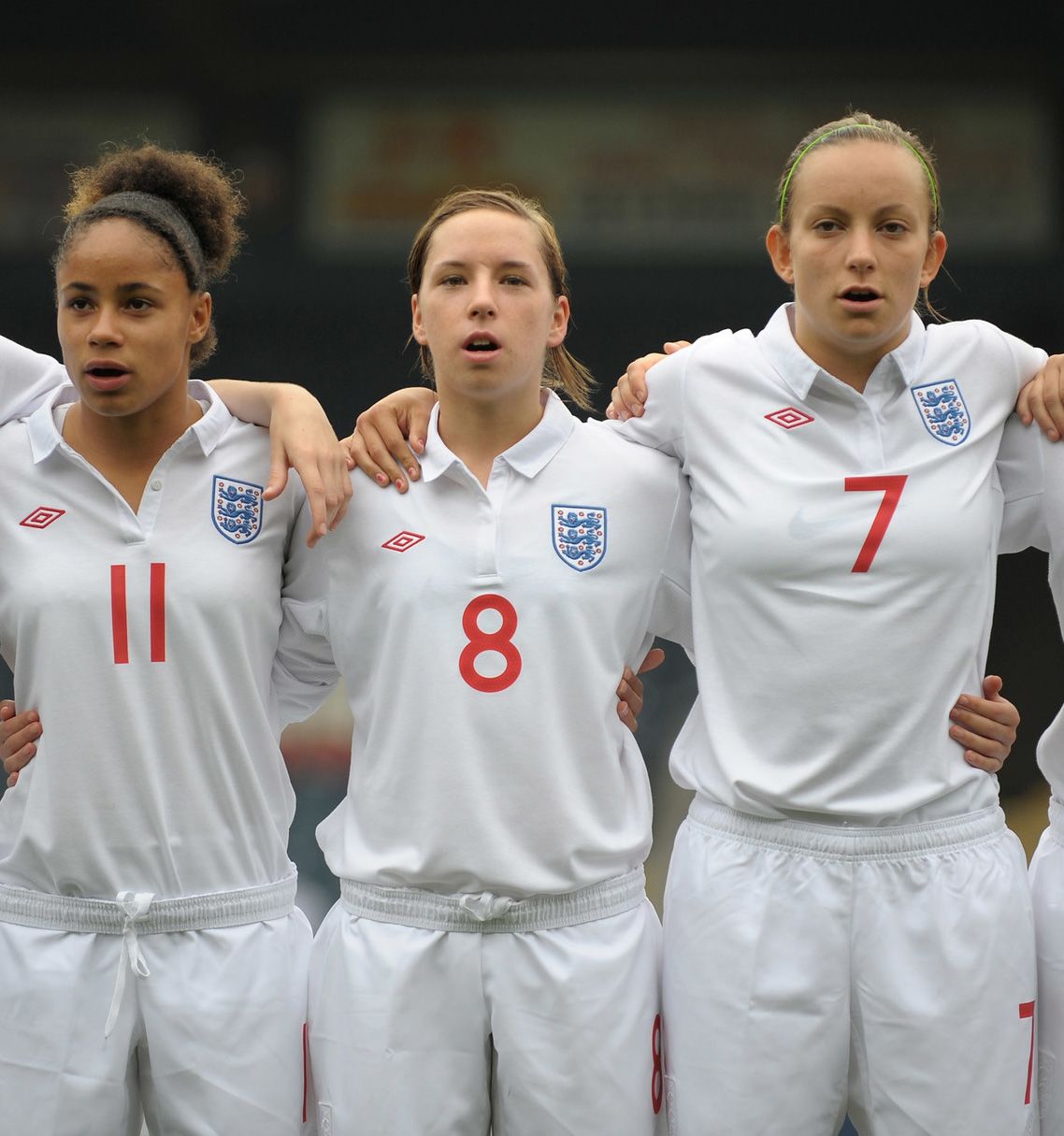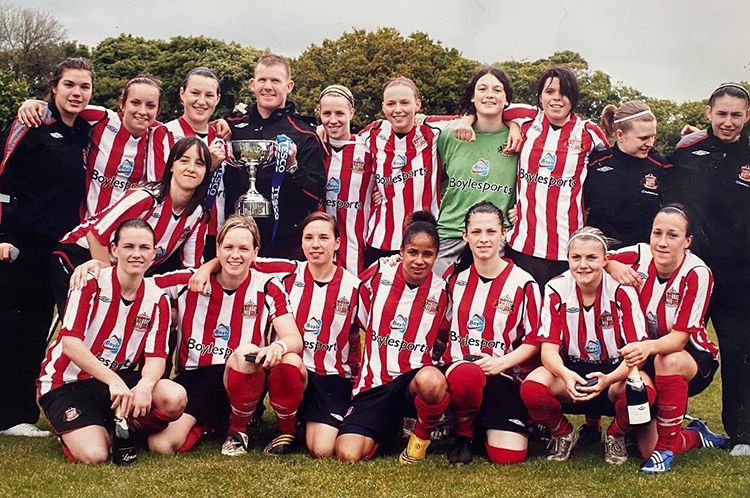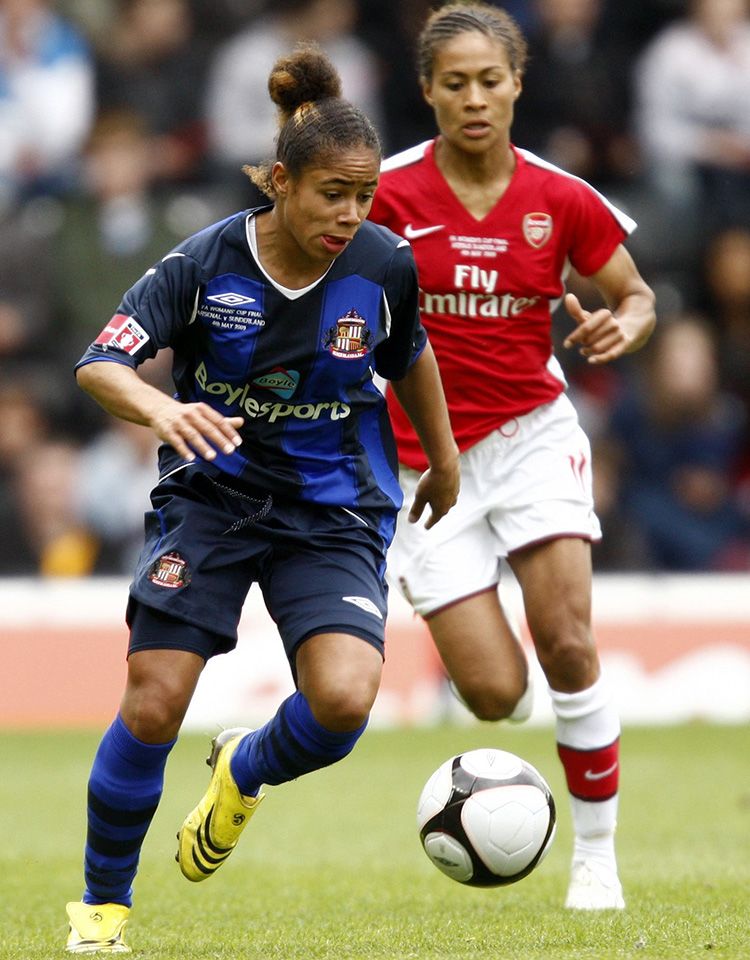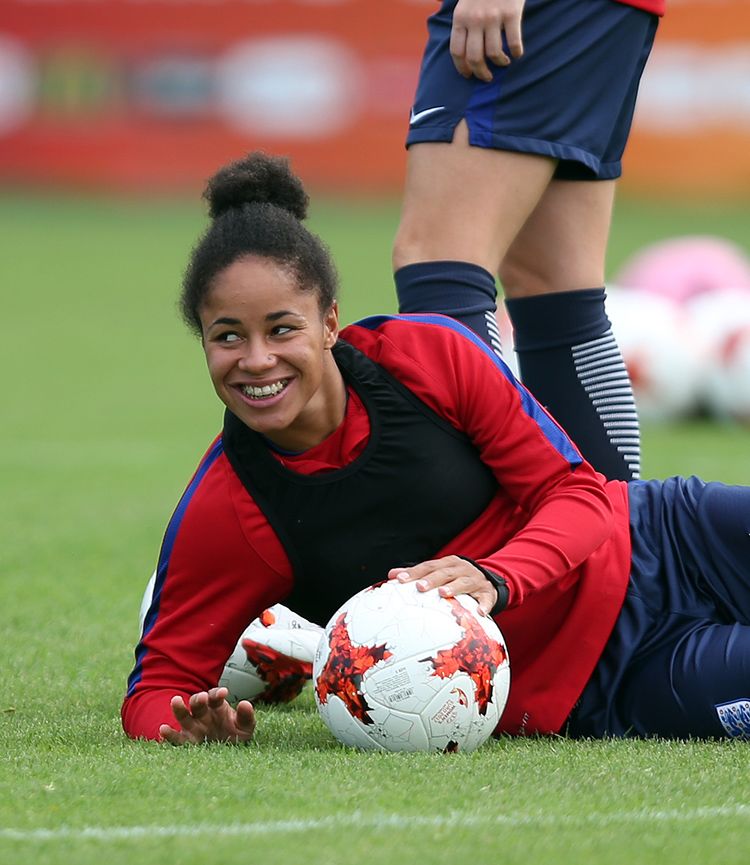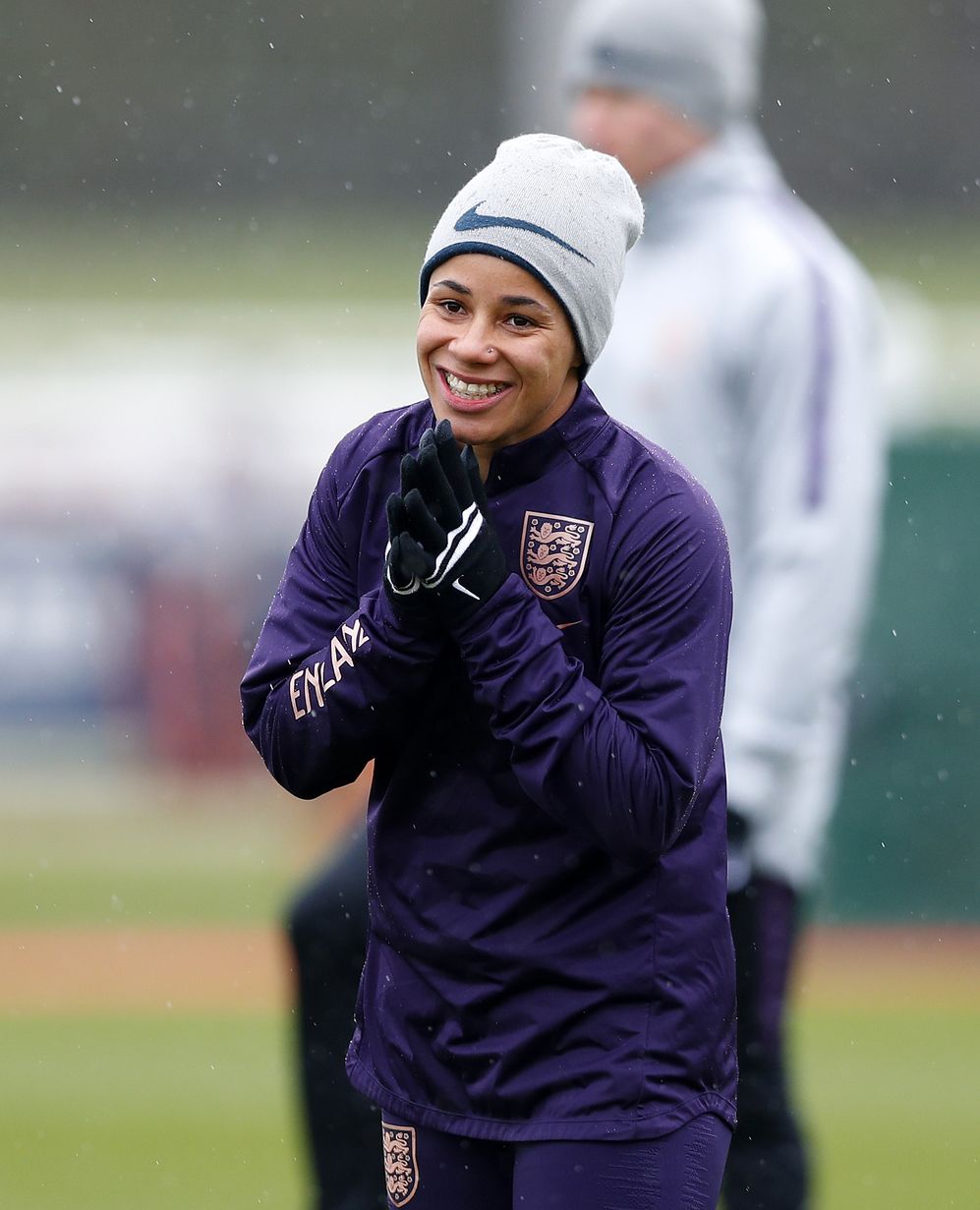Growing Up: Demi Stokes
The England defender recalls primary school days and football on the beach during her early years.
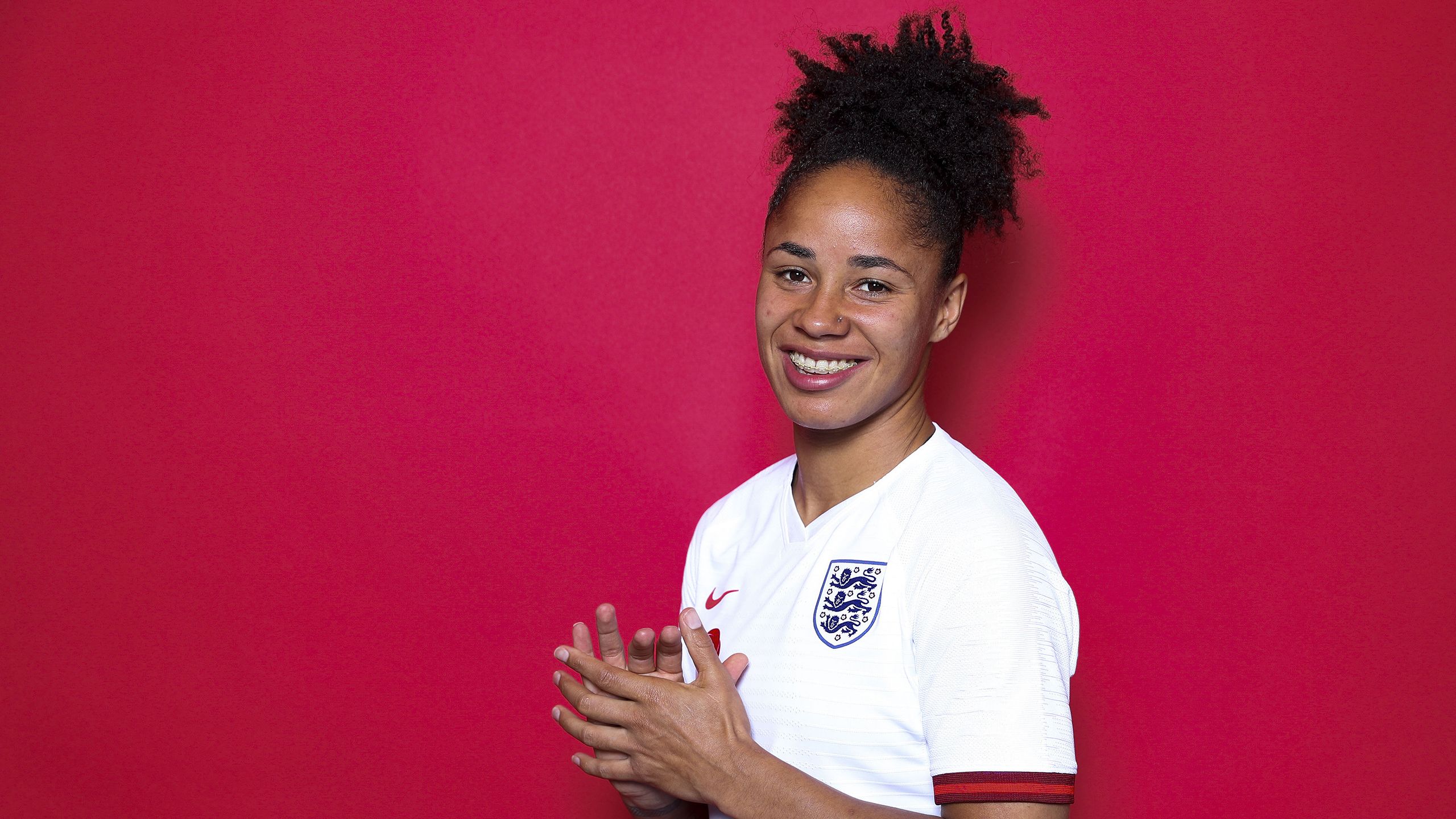
It’s funny, you know, because there’s a few places online where I’m listed as being born in South Shields.
But I was actually born in the midlands, in Dudley, and we didn’t move to the north-east until I was three, so I know when people from the midlands see anything with me listed as South Shields-born, they all scream ‘She’s a Brummie!’.
So I was really still a baby when we moved up to Newcastle and I was there until I was 18 or 19, and that’s where I really grew up and learned the game.
It was when I got to Marine Park Primary School that I first discovered football. I used to hang about with the boys in the playground and when they played football, I just joined in and that was where it started.
There was a school team and I was asked to play for them and there was also a girls’ team I played for as well, but none of the other girls really liked football, so the teacher would be like: ‘just pass it to Demi!’
I was the captain of the boys’ team and I have loads of memories, good and bad, from those days but it’s actually some of the negative stuff which I actually think has helped me most.
I remember we once played a rival school and there was one lad who just kept kicking me throughout the game. I kept looking at the ref, who was one of our teachers, to see if he would blow his whistle and give us a free-kick.
I could see the teacher was looking and saying ‘you’re alright...’ and I was, we won the game, and afterwards the boy actually came and said sorry to me.
Some of the lads from other schools might’ve been laughing at first because I was captain, but then would always say sorry afterwards and things like that. Things like this help you and make you a bit more robust growing up.
The boys on my team were cool with it, and we had a good team too, everyone was a decent player and I remember people like Billy Tebble and Gary Cutwell. We all got on too.
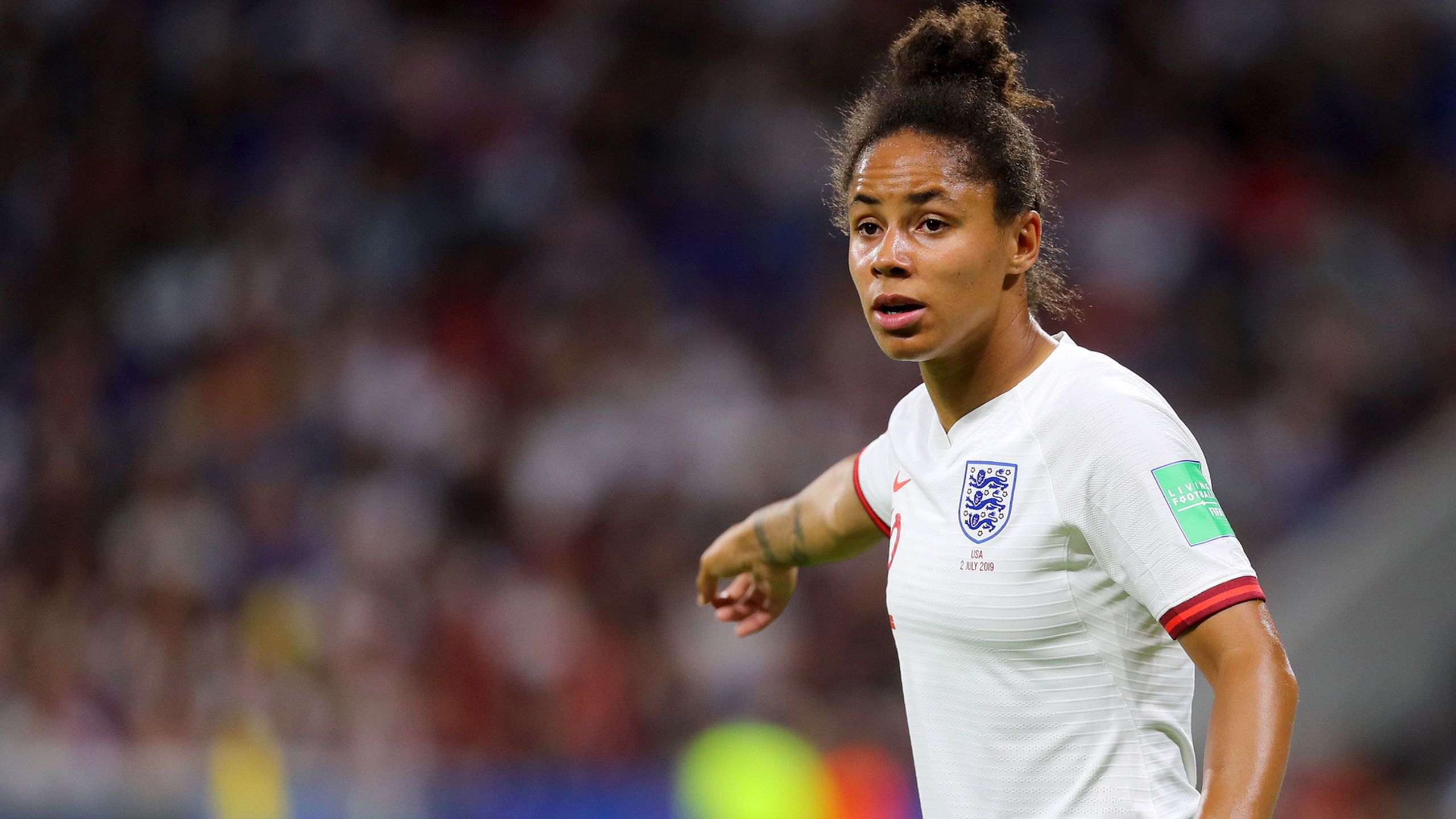
On an early trip to the Stadium of Light...
On an early trip to the Stadium of Light...
So I loved primary school and it was my teacher, Ian Williamson, who put my name down for trials with my first team, so that’s how it all started from there. He’s a headteacher now and we still stay in touch, so that’s nice.
Out of school, I always had a ball at my feet and I’d go and knock at Gary’s door to go and play, as he was at Newcastle’s academy at the time.
We’d all go out with the local kids from the estate and we’d meet up on the school field to play.
In the summer holidays, we’d carry the goals down to the beach and play there until it got dark and I remember we all chipped in to buy a plastic trophy for the team who won that day’s game and they’d keep it for the next one.
My first team was Sunderland 24-7, which was an all-girls team in an all-boys league, so that was interesting at the time.
Most weeks we weren’t just competing against lads on the pitch, but against their dads on the sidelines who’d be shouting ‘kick her, do this, do that’ so from an early age we experienced negative comments and stuff. Again, we took that on and used it for our own experience.
Jordan Nobbs played for them too and then when we had to play in a girls’ league, I went to join a team called Boldon and Jordan went on to a different team herself.
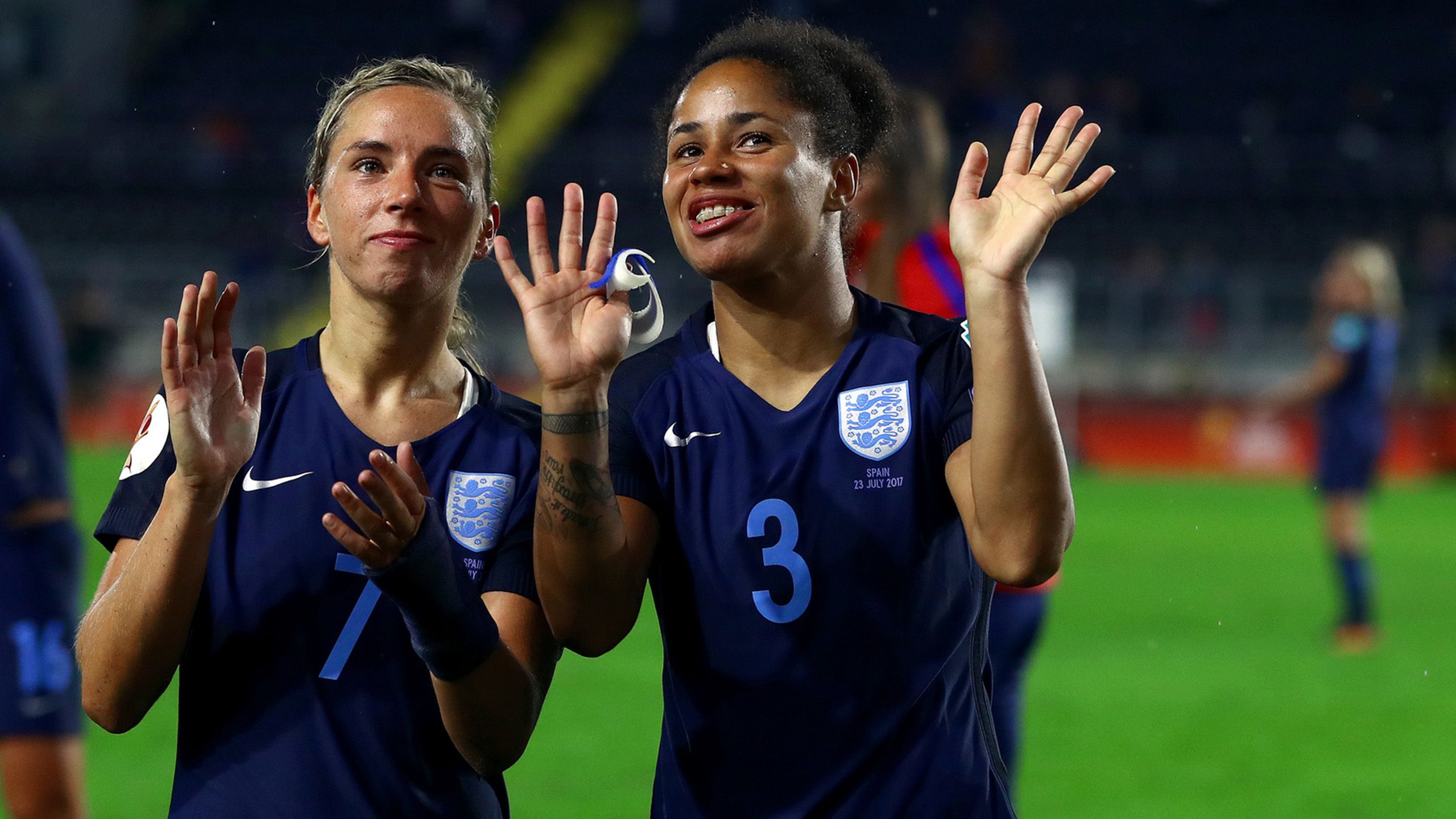
We were together again at the Sunderland academy which I joined when I was about ten, and then for the women’s team when I was about 15 or 16.
I used to see the women’s side training and I knew then that was what I wanted to do. I always wanted to play for England and I always wanted to go to America to play.
At the time, the American league was where players like Kelly Smith and Rachel Yankey were playing and the older I got it became more evident that those opportunities were there if you worked hard.
And when I was playing for Sunderland, I learned very quickly under Mick Mulhern that it was down to hard work and how important your fitness is and I think that’s stuck with me since.
We had a good team, with a decent mix of young and experienced players. There were a few girls who’d been there a while and then younger players like myself, Lucy Bronze, Lucy Staniforth and Jordan.
So we had to adapt and learn very quickly but we all had the same goals and knew we could help each other.
We went on to win the FAW Northern Premier League and got to the Women’s FA Cup Final in 2009, when we played Arsenal.
Everyone thought we were going to get smashed, but we only lost 2-1 and it was quite close in the end. Because it was our first Cup Final, even though we lost, I think we all enjoyed it.
On England U19 duty with my Sunderland team-mates Jordan Nobbs and Lucy Staniforth
On England U19 duty with my Sunderland team-mates Jordan Nobbs and Lucy Staniforth
In action against Rachel Yankey in the Women's FA Cup Final against Arsenal in 2009
In action against Rachel Yankey in the Women's FA Cup Final against Arsenal in 2009
After that, I had the chance to go the States and to the University of South Florida when I was 19, and that was another big part of my development.
I’d say I was always mature from a young age and that helped me move and settle somewhere a long way from home, but I wanted to go there to get the experience of what it’s like to be a professional athlete, training every day and playing twice a week.
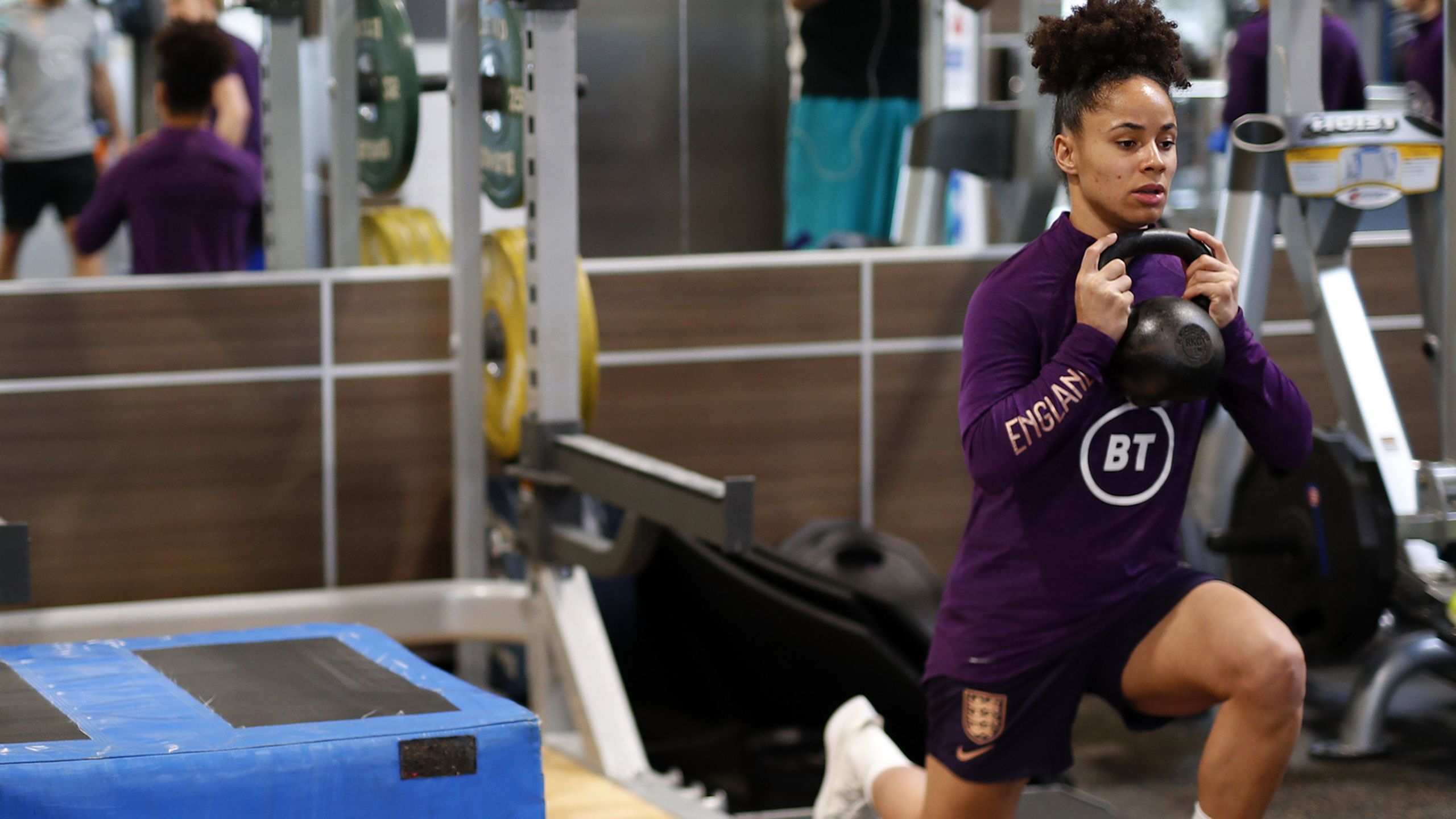
I quickly got used to it, what it’s like and what it takes to be a top athlete. Although it wasn’t strictly professional, it was very regimented in terms of the games and balancing your school work with that.
We’d only train twice a week with Sunderland, so to go from that to training every day was a big step and it’s something that my body probably needed at the time.
I’d had experience with England’s development teams too and I still remember my first England trip - it was in the midlands for a training camp and I remember meeting Rachel Daly and Toni Duggan there.
I was quite nervous at first and then my first trip away was for two games over in Denmark and I remember playing in those games and getting used to the pace of the international game and what playing for England feels like.
But coming through the ranks with England wasn’t always that easy for me. I missed out on a few tournaments and it was very up and down. At the time, you’re young and wonder why it’s happening.
But I think everything happens for a reason and it keeps you pushing on and want to get to the seniors and it all makes sense when you are older.
